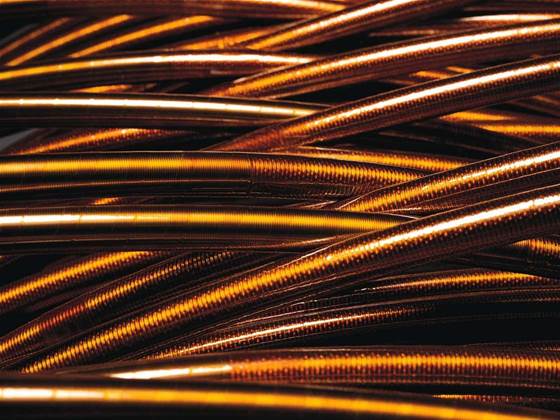It is upgrading its hybrid fibre-coaxial cable network in Melbourne to offer maximum speeds of 100Mbps by Christmas.

Average speeds on the shared service are expected to be 70Mbps to 100Mbps downstream and 2Mbps upstream - impacted by how many other users connect to the service in the same area.
"We can take it if we choose, at some point to 200Mbps," said outgoing Telstra CEO Sol Trujillo.
Trujillo said the technology will "turn homes into digital hubs" for the consumption of high-definition films, video file sharing and video conferencing.
He wouldn't say when Telstra would upgrade other capitals.
Telstra's cable network passes 2.5 million residences in Sydney, Melbourne, Perth, Adelaide and Brisbane - only a million of which are in Melbourne (with roughly half of those Melbourne houses already connected).
"We are not at this stage announcing anything beyond stage one," Trujillo said. "But I'll say this - the $300 million cost of this upgrade is a hardware and software cost around cable modem termination services, integration and development and soft switches. Those soft switch investments are able to be leveraged into what we do in deployments into further markets, if we choose to."
He said Telstra had no plans to expand its cable services to the other eight million houses in Australia.
And it has no intention to pitch cable services solely as an answer to a competing NBN.
"We would not look at expanding reach solely with HFC cable," Trujillo said. "There is not one solution that we think will reach all of Australia in a cost-effective way. Our view is there will be a technology mix to deliver services."
This might include copper, fibre, cable and wireless, he said.
Trujillo refused to comment as to whether upgrades to its cable network formed part of Telstra's NBN bid.
He said the upgrade was not related to the outcome of the NBN.
It builds on Telstra's Cable Extreme network, which in 2007 was upgraded to offer 30Mbps to 1.8 million Australian residences and 17Mbps to 700,000 more residences.
"Our technology folk have been working hard on this for some time," Trujillo said.
Telstra has been waiting for the DOCSIS 3.0 technology that underpins the 100Mbps upgrade to be successfully deployed in cable networks overseas before it committed to the investment.
"We always said that once the technology got to full maturity, we would do this," Trujillo said.
He reiterated Telstra's desire to talk about the NBN with the Federal Government.
"If perchance the Government wants conversations with us about NBN deployment, we'd be willing to have that conversation," he said.
Telstra admitted it hasn't seen a "high level of penetration" from its Cable Extreme service.
"The applications people are looking for from this technology are two-way applications," Trujillo said.
"This [upgrade] is not just about taking speeds up in one direction," he said. "This enables a two-way conversation."
He said that 2Mbps is an adequate upstream speed for applications such as high-definition video conferencing, noting that it is double the minimum upstream speed demanded by the NBN process.
"There might be specialised needs where higher up speeds would be necessary," he said. "But we're not getting much demand from customers today saying they need 20Mbps or 100Mbps upstream today."
The solution requires ne equipment in customers' premises - the decision around how this is provided is yet to be decided.
Telstra is also yet to announce pricing for its new cable service.


.png&h=140&w=231&c=1&s=0)


_(22).jpg&h=140&w=231&c=1&s=0)



_(26).jpg&w=100&c=1&s=0)

 iTnews Executive Retreat - Security Leaders Edition
iTnews Executive Retreat - Security Leaders Edition












_(1).jpg&h=140&w=231&c=1&s=0)



